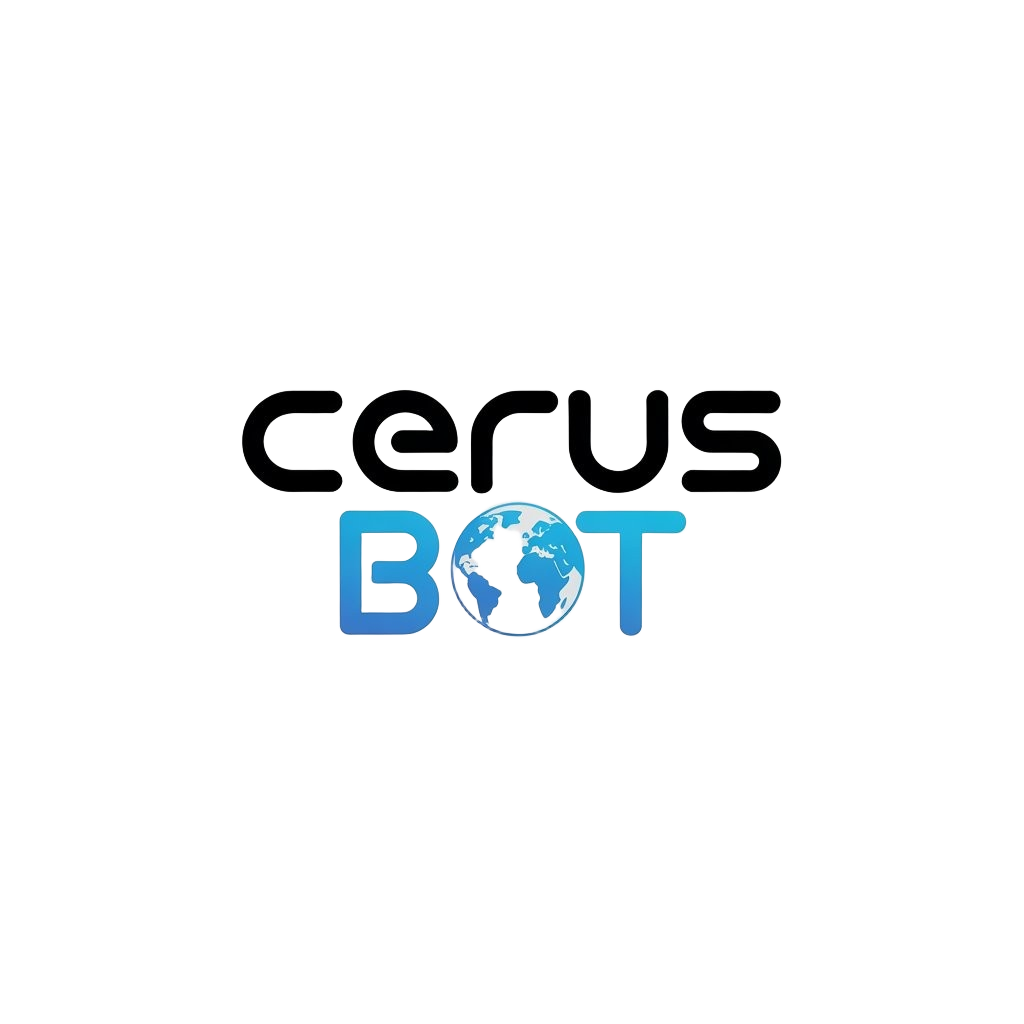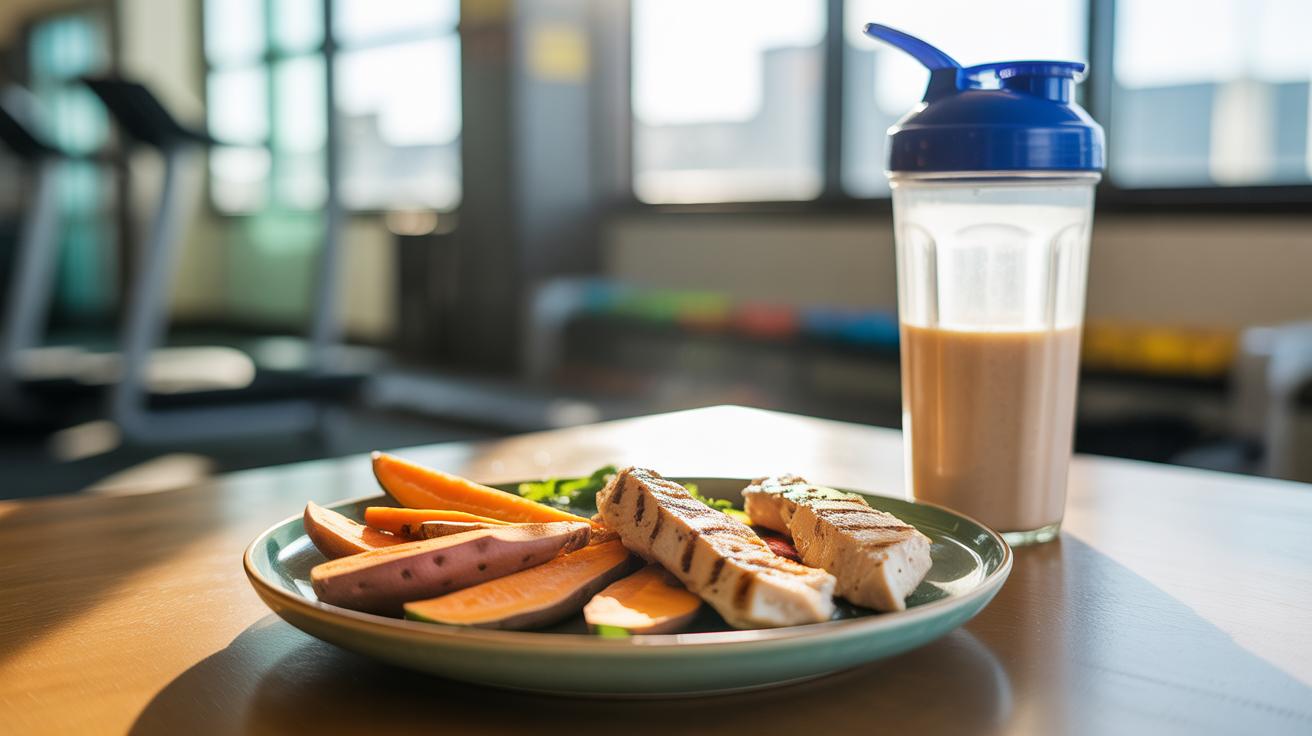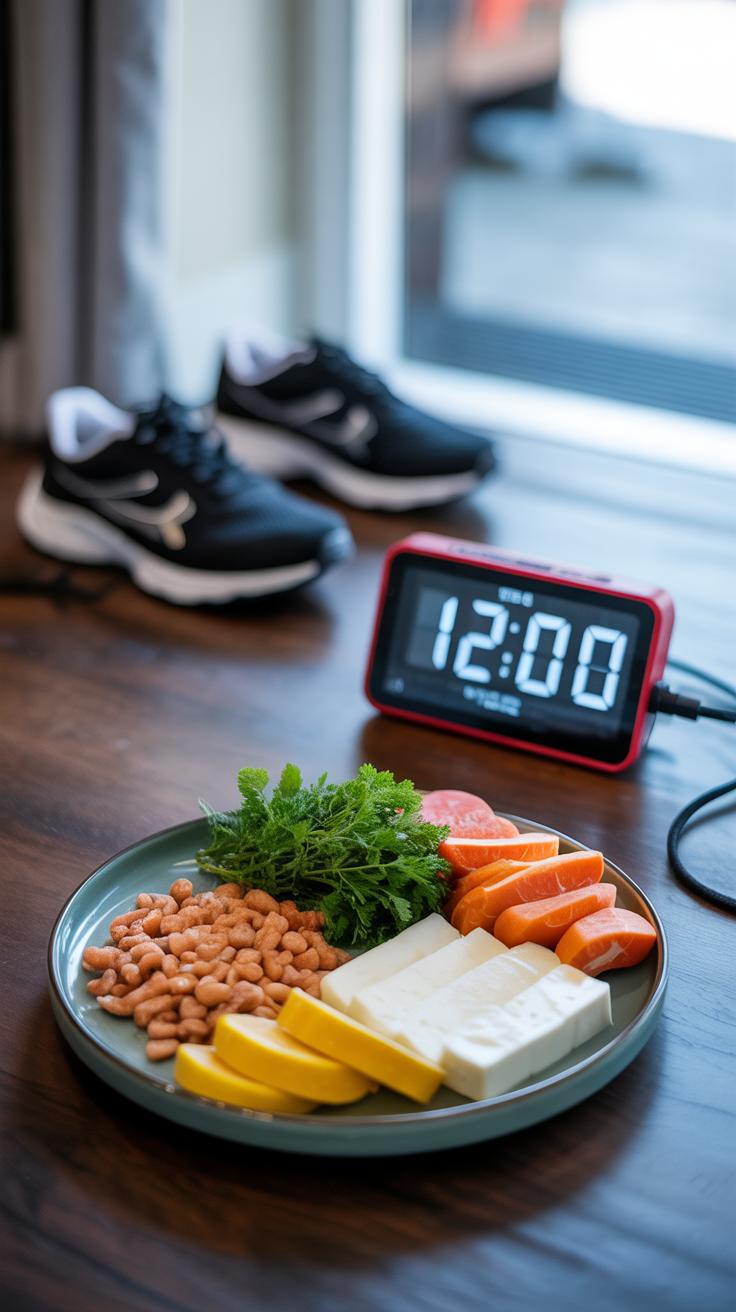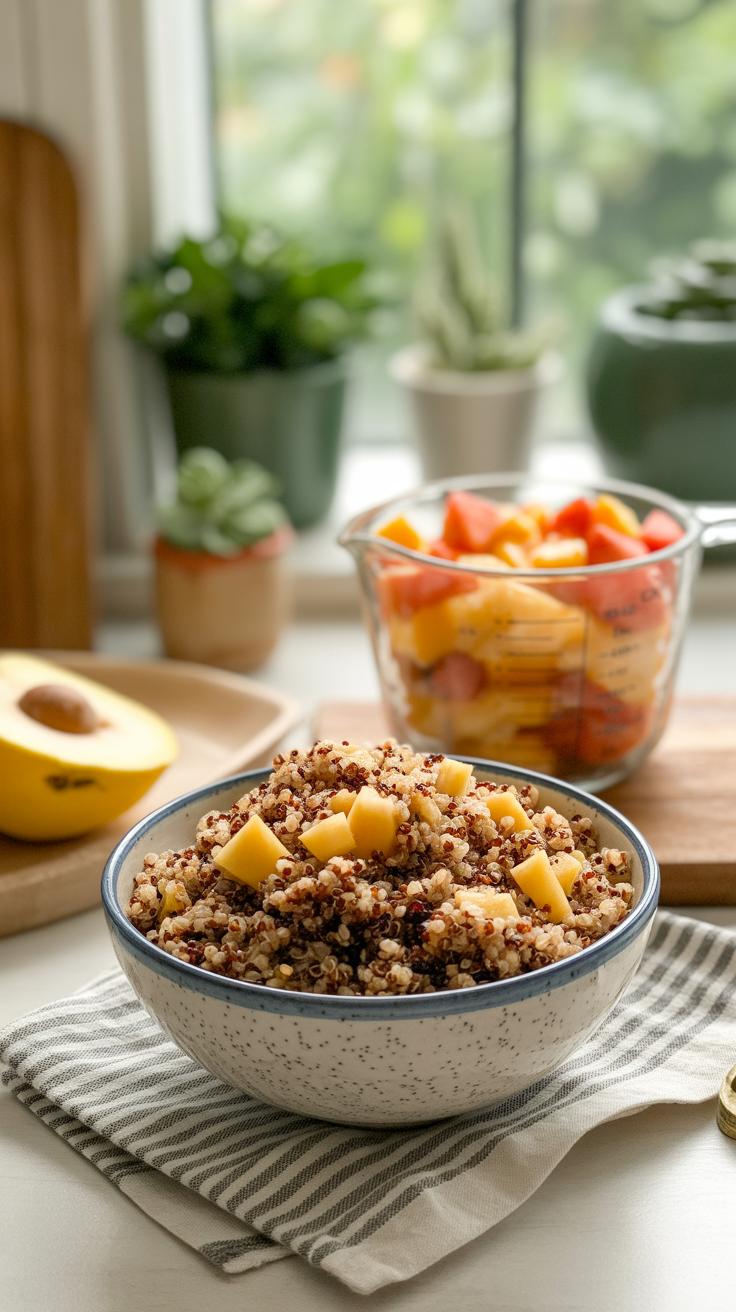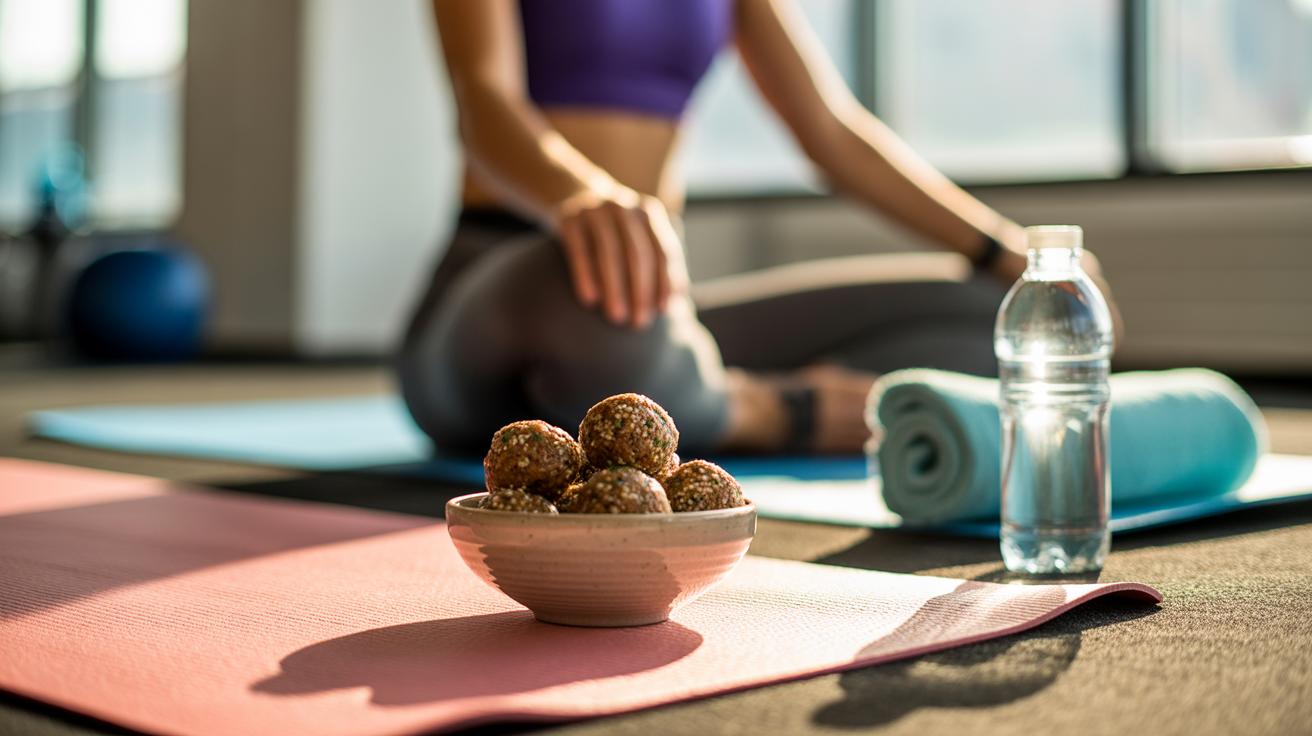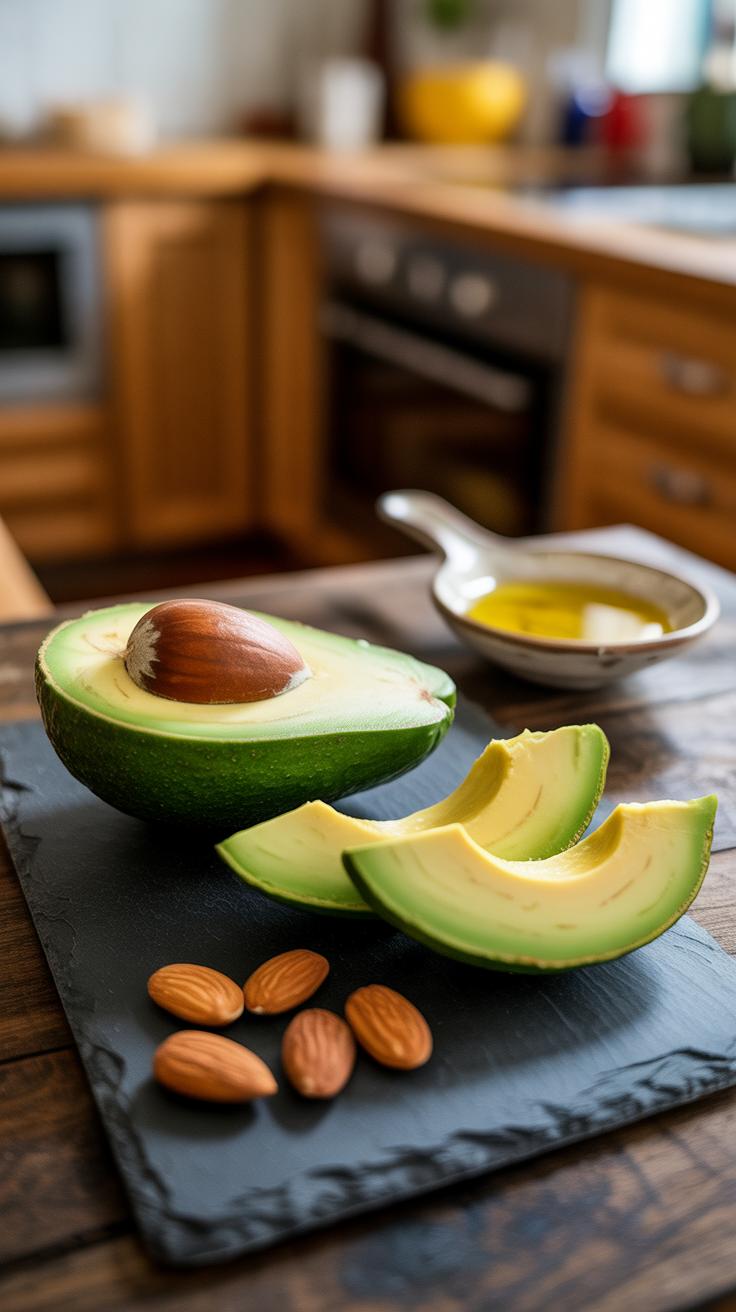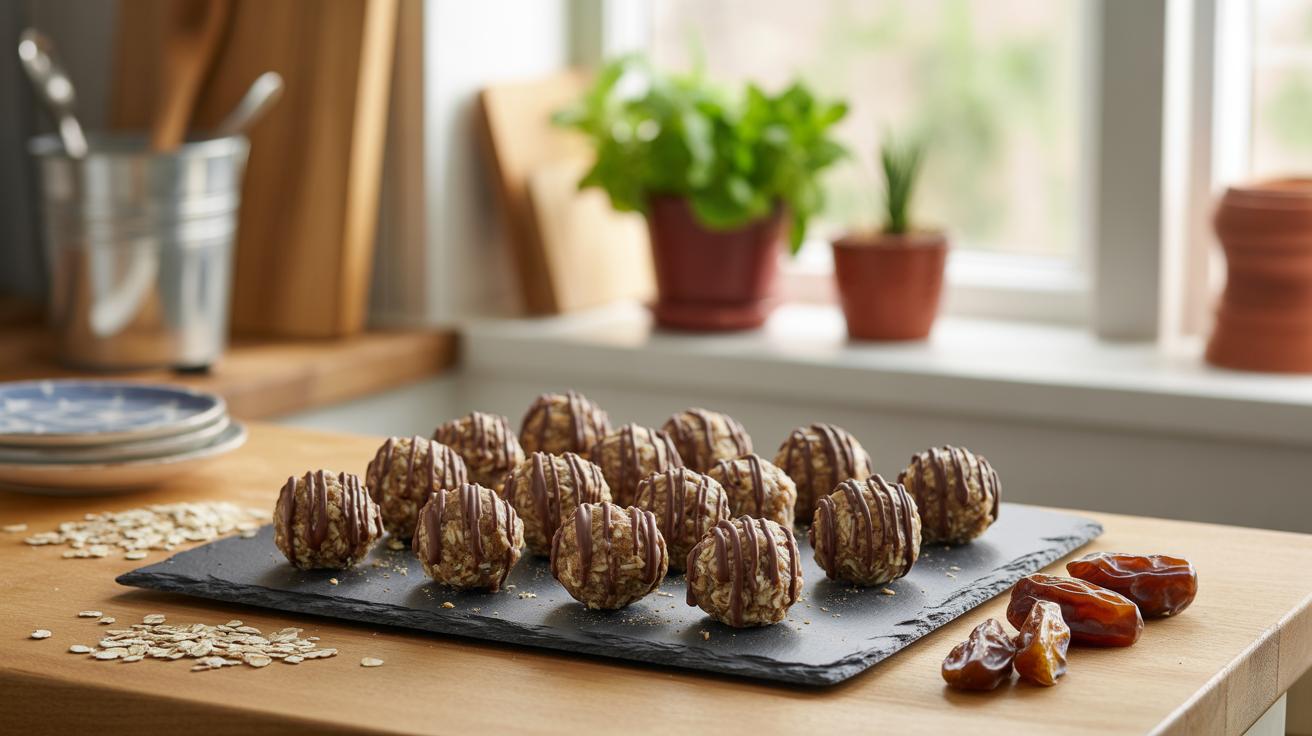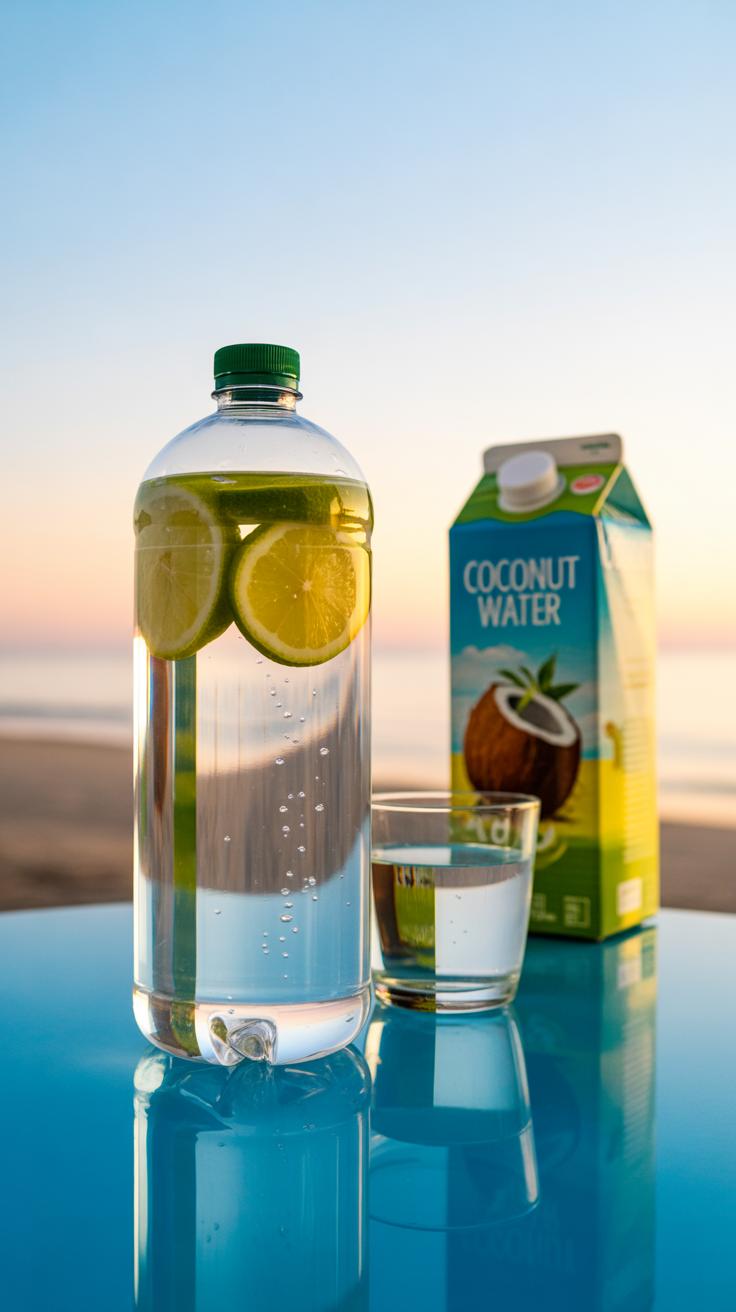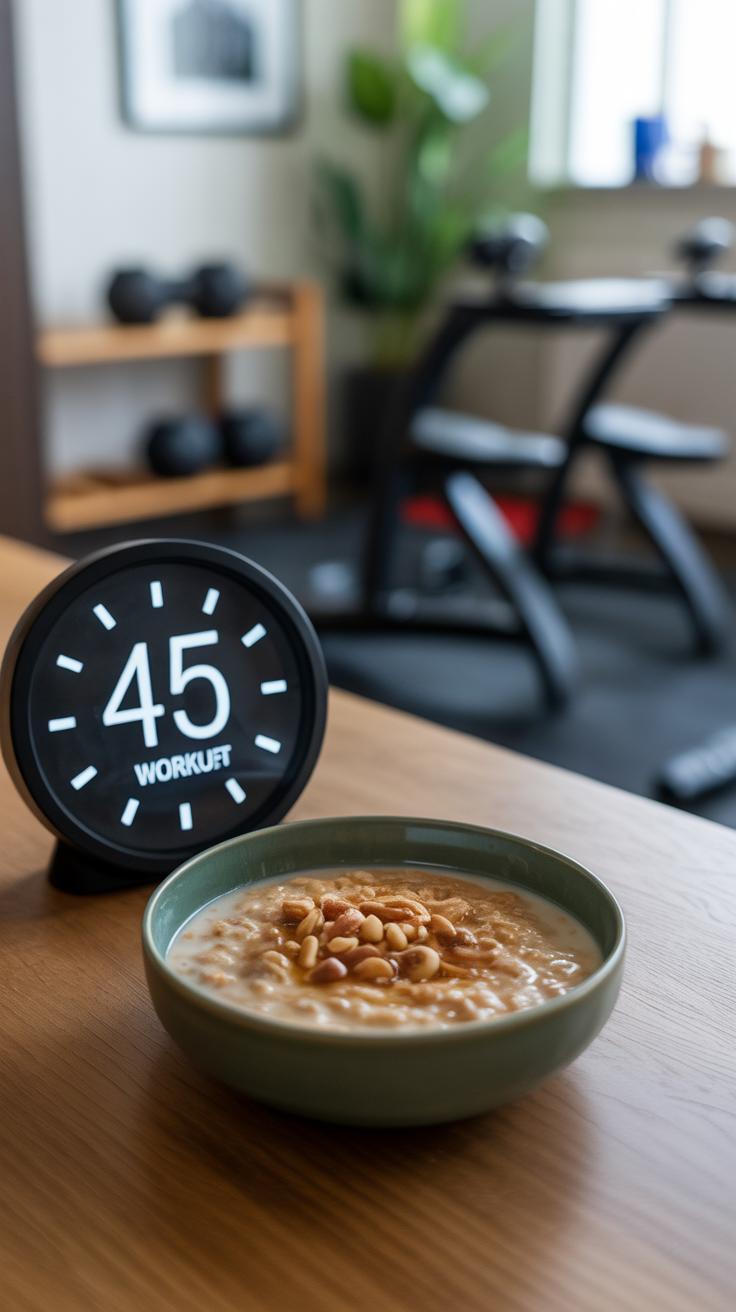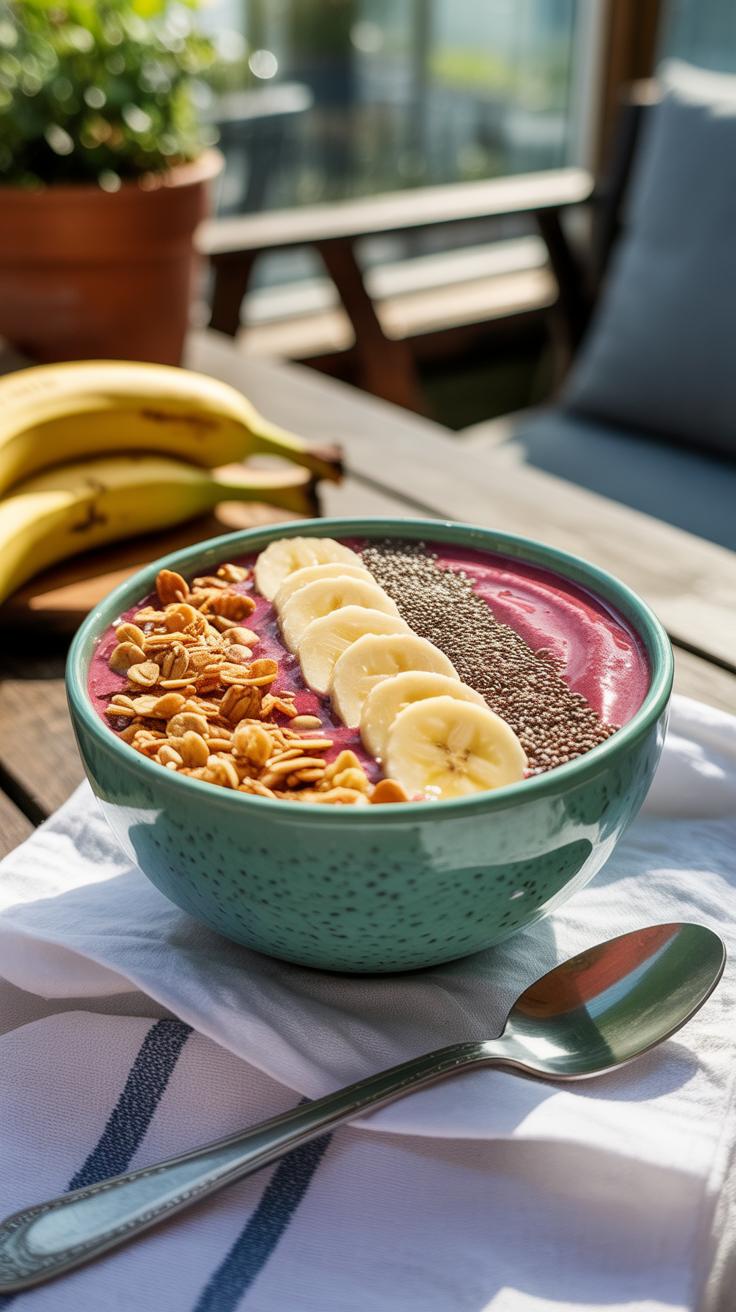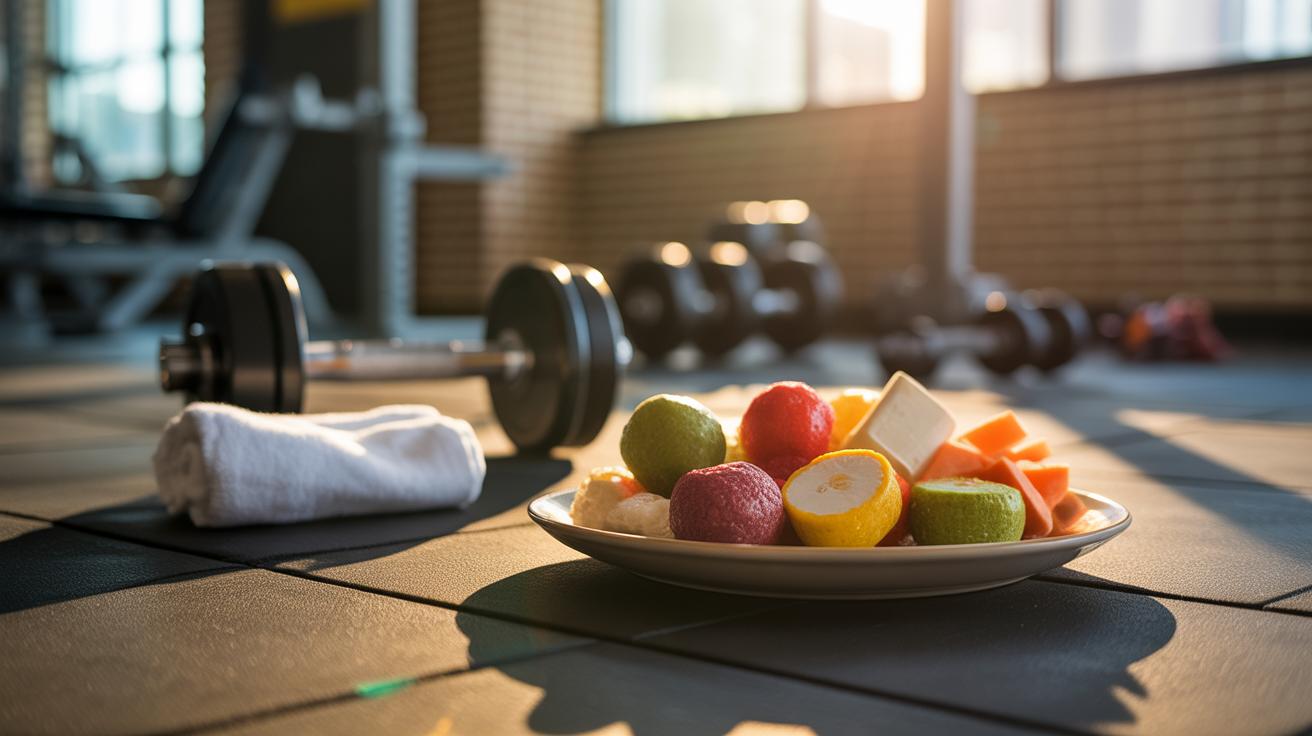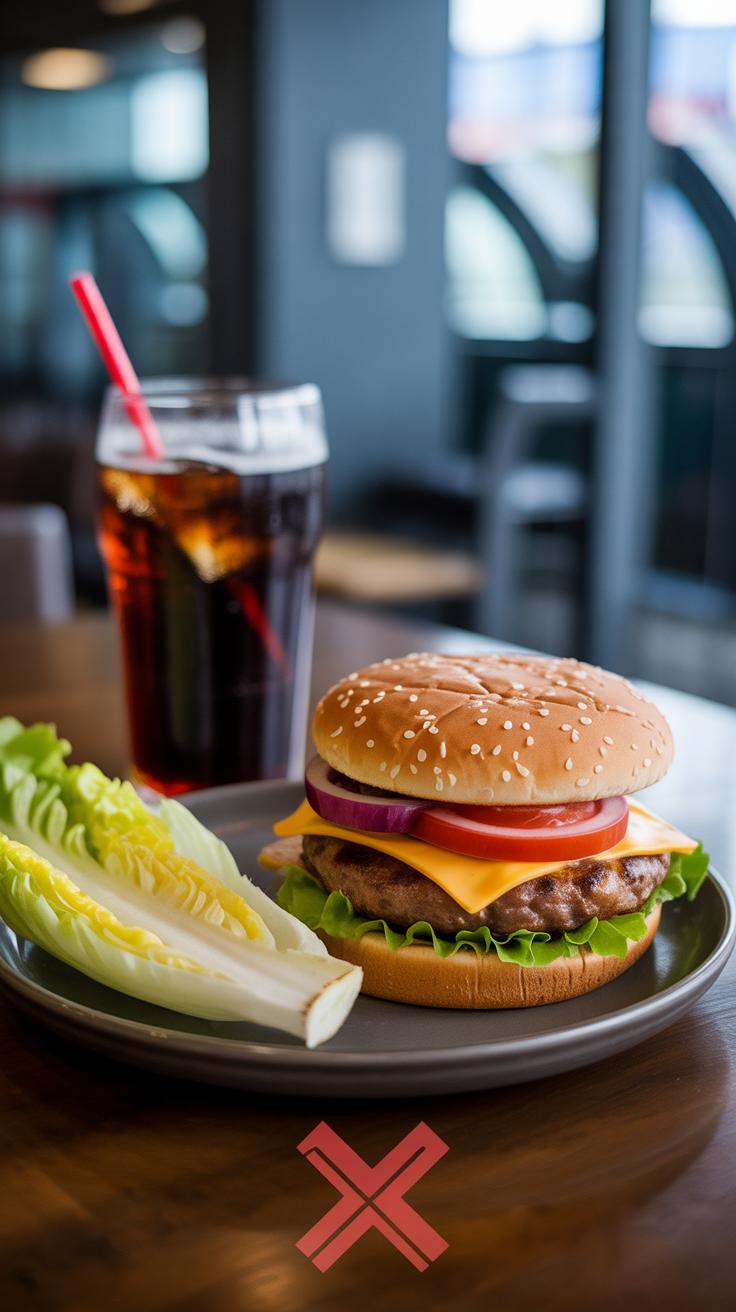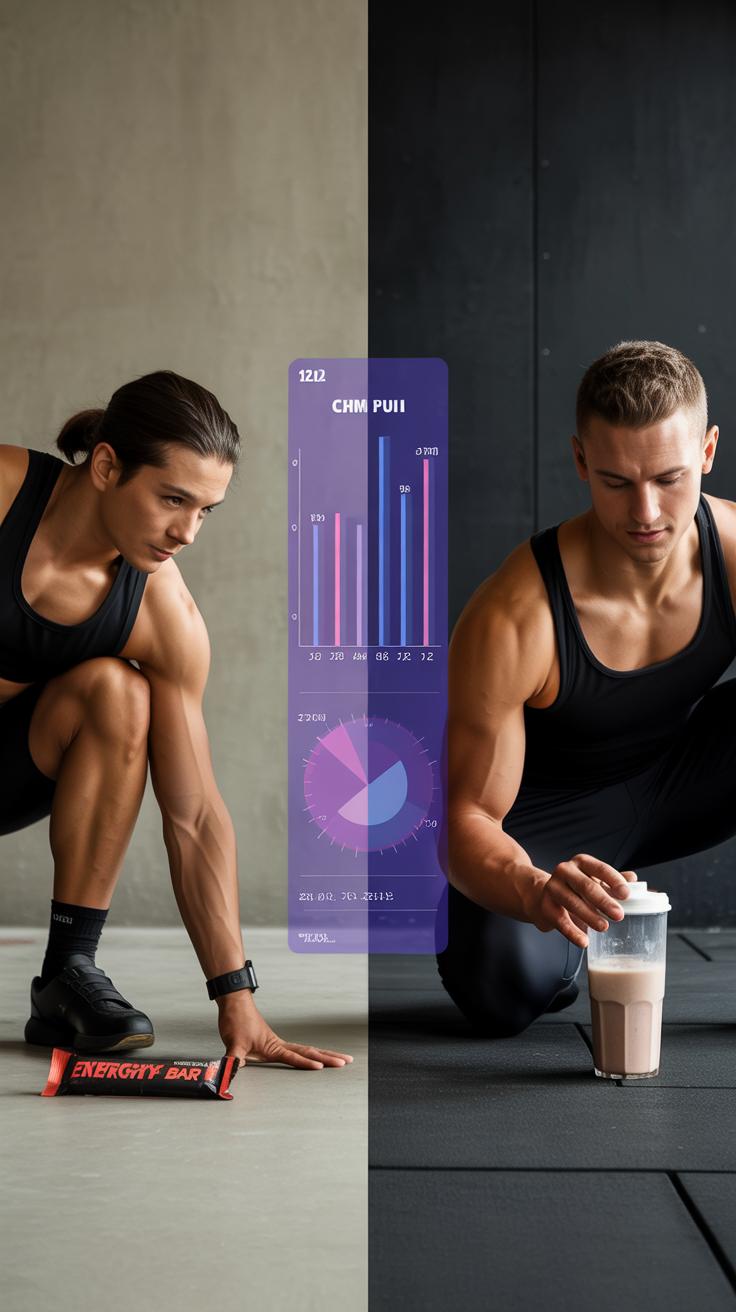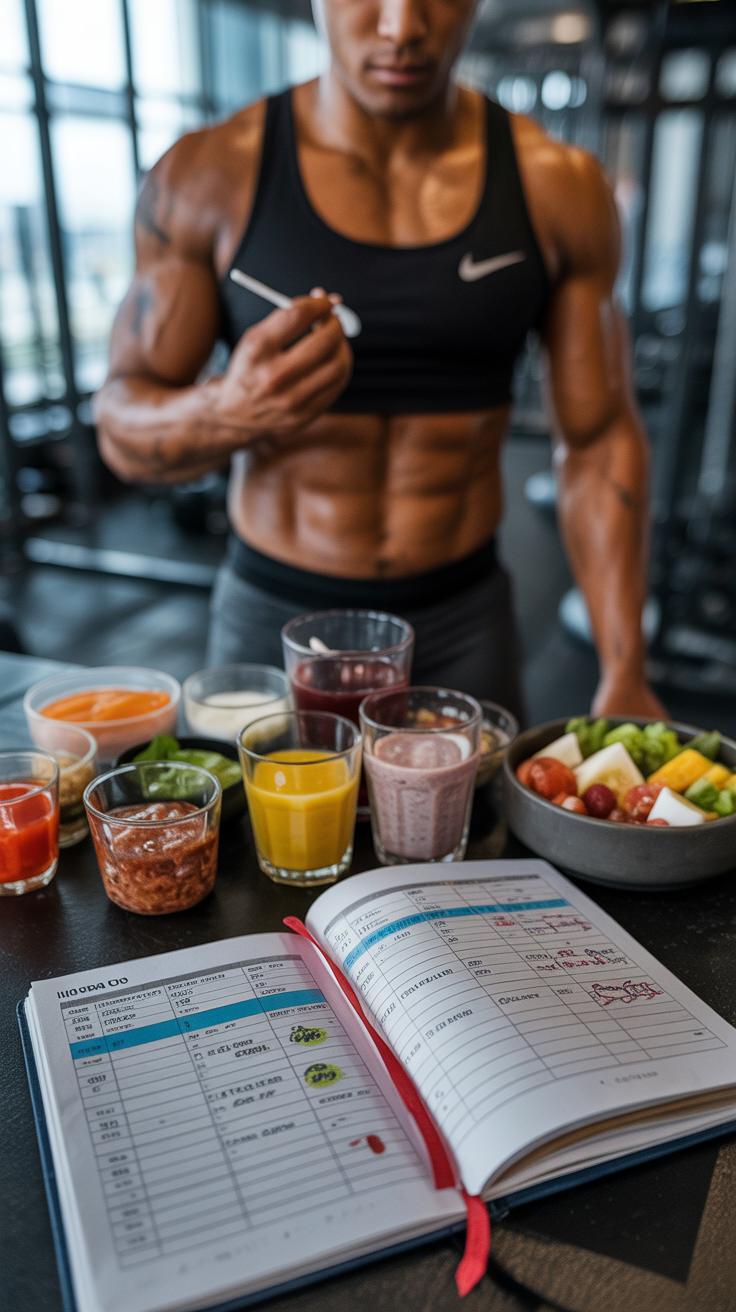Introduction
Choosing the right food before your workout can boost your energy and help you perform better. What you eat affects how your body uses energy, how quickly it recovers, and how strong you feel during exercise. This article explores the top pre workout food options to give you maximum performance and feeling your best during any training session.
We will look at what nutrients are important, the timing of meals, and specific food choices that work well before exercise. Understanding how to fuel your body correctly will help you reach your workout goals faster and with more energy. Let’s dive into the best food options for your pre workout meal.
Why Pre Workout Food Matters
Eating before you work out isn’t just a routine; it shapes how you feel and perform during exercise. When you fuel up properly, your energy levels tend to stay more stable. You might notice you can push harder or last longer, which for many is the goal.
Your muscles rely heavily on available energy sources. Without the right fuel, that energy dips quickly, and fatigue sets in sooner than expected. Sometimes you feel out of breath or sluggish, and it’s tempting to blame your workout plan rather than your food choices. But really, your body’s readiness often starts long before you lace up your shoes.
Think about how your body taps into what you eat. Carbs, fats, and proteins break down into smaller molecules that your muscles turn into energy. Glucose from carbs is the quickest, priming your cells with fuel. But timing matters just as much as what you eat—it’s about having accessible energy right when the workout demands it.
Skipping or poorly timing meals can lead to some predictable problems:
- Low energy and early fatigue during exercise
- Reduced endurance and weaker muscle contractions
- Potentially slower recovery afterward
Sometimes people assume they can power through on empty or just a coffee. That might seem fine at first, but often, performance suffers subtly. Recovery might drag on longer, or soreness hits harder. It makes you wonder if eating before could have made a difference—because it usually does.
Understanding Carbohydrates Role
Carbohydrates act as one of your body’s primary fuel sources during workouts. When you exercise, your muscles need quick energy to keep performing, and carbs break down into glucose, which your cells use for that energy. Think of it as the readily available power, especially during intense or longer sessions.
Not all carbs behave the same way, though. Simple carbs, like those found in fruit or sugary snacks, digest quickly and can give you a rapid energy spike. Complex carbs, like oats or whole grains, take longer to break down, releasing energy more gradually. Before exercise, many find complex carbs better—they offer steady fuel without that sudden crash.
The glycemic index (GI) helps explain this timing. Foods with a high GI spike blood sugar fast, while low GI foods produce a slower, more sustained release. Eating a low to moderate GI carbohydrate about an hour or two before training can help keep your energy stable. But sometimes, a quick high GI snack right before can be useful too, especially if your workout is short and intense. It’s a bit of trial and error to find what feels right for you.
So, when planning your pre-workout meal, consider not just how many carbs you eat but their type and timing. That way, you might avoid sluggishness or energy drops mid-session. Have you noticed how some foods give you a better kick? That’s the carb effect at work.
The Power of Protein Before Exercise
Protein plays a unique role before you start working out, though it’s often overshadowed by carbs. It’s not just about muscle building after your session; protein also prepares your muscles for the stress ahead. Eating some protein beforehand can support muscle function during exercise and speed up recovery afterward, even if it’s in modest amounts.
When you exercise, tiny tears appear in your muscle fibers. Protein supplies the amino acids necessary to repair this damage, helping your muscles rebuild stronger. Think of it as giving your body the raw materials it needs right when it begins to break down tissue. This can mean less soreness and quicker progress over time—though the timing and amount are a bit personal and can vary with different workouts.
Choosing protein that won’t sit heavy in your stomach is key. You want to avoid sluggishness or cramps. Some easy-to-digest options include:
- Greek yogurt – creamy, light, and packed with protein
- Egg whites – simple and usually gentle on digestion
- A small smoothie with whey or plant-based protein powder
- Cottage cheese – mild and filling without being too rich
- Lean turkey or chicken slices, if you prefer something savory
These choices usually feel manageable about an hour before exercise. You might experiment a bit since some people handle protein better right before a workout than others. But slipping in this nutrient can really make a difference, not just after, but as you move through your session.
Healthy Fats in Pre Workout Meals
Fats often get overlooked before a workout, but they can actually help provide longer-lasting energy. Unlike carbs, which fuel you quickly, fats break down more slowly, so they keep you going when your session extends beyond a short burst. That said, including fats just before intense exercise can slow digestion, making you feel sluggish. It’s usually better to eat fats at least 1.5 to 2 hours before you start.
Types of fats and energy use
Not all fats behave the same way in your body. There are mainly three types to consider:
- Monounsaturated fats: Found in olive oil, avocados, and nuts. These are easier to digest and provide steady energy.
- Polyunsaturated fats: Present in fish and flaxseeds. They’re good for overall health but might not directly improve workout energy much.
- Saturated fats: Common in butter and fatty cuts of meat. These take longer to digest and could weigh you down if eaten too close to your workout.
When you think about it, the slow digestion of fats could be a double-edged sword. On one hand, they help sustain energy for long sessions. On the other, if you eat a big fatty meal right before working out, you might experience discomfort. It’s a bit of trial and error, honestly.
Balancing fats with carbs and protein
Fats shouldn’t dominate your pre workout meal. Think of them as part of a team, working alongside carbs and protein. Carbs provide quick energy; protein supports muscle function, as you’ve read earlier; fats keep energy stable over time.
Try balancing your plate like this:
- Carbohydrates – 40-50% to fuel immediate needs
- Protein – 20-30% to help muscles cope
- Fats – 20-30% for sustained energy
For example, a small serving of nut butter on whole grain toast with a side of yogurt can strike a good balance. It’s not about cutting fats out, but timing and quantity matter. Have you noticed how a handful of nuts pre workout feels different than a greasy burger? That’s the kind of balance that counts.
Hydration and Pre Workout Nutrition
Drinking fluids before and during your workout really shapes how you perform. It’s not just about quenching thirst—hydration plays a bigger role in how muscles work and how long you can keep going. When you sweat, you lose water and important minerals, so topping up those fluids can stop you from fading too soon or feeling sluggish.
Water helps muscles contract properly and aids in nutrient transport within your body. If you skimp on fluids, your muscles might cramp or tire faster, and your focus can wane. It’s interesting how even slight dehydration—maybe just one or two percent of your body weight loss in water—can throw off your strength and endurance.
For pre workout hydration, plain water usually does the trick. It’s simple, accessible, and keeps you balanced. But if your workout lasts longer than an hour or you sweat heavily, drinks that replace electrolytes, like sodium and potassium, can be useful. These drinks help keep your body’s fluids balanced and support muscle function during extended or intense exercise.
Some people swear by coconut water for a natural source of electrolytes without extra sugars. Others prefer specially formulated sports drinks. I guess it depends on your taste and how hard you plan to push yourself. The key is to start your workout already feeling hydrated, topping off fluids gradually rather than all at once right before you begin. That way, you avoid that bloated or uncomfortable feeling while exercising.
Timing Your Pre Workout Meal
The timing of your pre workout meal can really shape how you feel and perform during exercise. It’s not just what you eat, but when you eat that counts. Give yourself enough time to digest food so your body can turn that fuel into usable energy. Eating too close to your workout might leave you feeling sluggish or uncomfortable. On the other hand, eating too early might leave you hungry halfway through.
Ideal meal timing for different workouts
For light to moderate workouts lasting under an hour, a small meal or snack 30-60 minutes before is usually fine. If you plan on something intense or longer-lasting—say 90 minutes or more—aim for a bigger meal 2 to 3 hours prior. This allows your body to break down complex carbs and proteins, providing a slow and steady supply of energy.
Think about how your body reacts. If you’re like me and sometimes feel heavy after eating, pushing that meal back a little helps. But if your workout is early morning, a quick snack might be all you need to get moving.
Snacks versus full meals
Snacks are smaller and easier to digest, so you can eat them closer to your workout—typically within 30 to 60 minutes. Something like a banana with a spoonful of peanut butter or a small yogurt could do the trick. Full meals require more digestion time, so give yourself those 2 or more hours before you start. Meals usually include a mix of carbs, protein, and fats.
You might wonder why fats matter here when they’re slower to digest. Well, they can provide long-lasting energy if eaten early enough. But try not to have a heavy meal right before working out. You might end up feeling, well, sluggish or even a bit nauseous. It’s a bit of a balancing act, really—experiment until you find what timing suits your body best.
Best Pre Workout Foods to Boost Energy
Choosing what to eat before a workout can feel a bit tricky, right? You want something that fuels you without weighing you down. Foods rich in carbohydrates, protein, and fats each play a role, and figuring out the best combo often depends on your body and the type of exercise you’re doing.
Carbohydrates are usually the go-to for quick and sustained energy. Think oats, bananas, or whole grains. Oats offer slow-digesting carbs, so they keep your energy steady rather than spiking it. Bananas are great too; they digest faster, making them perfect if you’re short on time but still need a quick energy boost. Whole grains like brown rice or quinoa? They take a bit longer to break down, so they help if you’re planning a longer session.
Protein, on the other hand, helps muscles stay strong during and after your workout. Yogurt is a solid choice—plus, it’s easy on the stomach. Eggs bring in high-quality protein and also keep you feeling full. Nuts add a bit of healthy fat along with protein, though they might feel heavy if you eat too many beforehand.
Don’t overlook fats—they slow digestion but provide longer-lasting energy. A small handful of almonds or a slice of avocado can fit well if you’re eating a couple of hours before exercise. Yet, it’s tricky; too much fat too close to your workout can cause discomfort for some people.
Finding your ideal mix might take some trial and error. What kind of pre workout foods do you usually reach for? Do you notice any difference in energy or performance? It’s interesting how small shifts in what you eat before hitting the gym can change how you feel during the workout itself.
Foods to Avoid Before Working Out
There are certain foods you might want to skip before exercise, especially if you want to feel comfortable and avoid sluggishness. Heavy or greasy foods, like fried chicken, bacon, or anything drenched in oil, can sit in your stomach for a long time. This slows digestion and may cause bloating or cramps during your workout. I’ve noticed, myself, that eating something greasy before a run often leads to discomfort that sticks around longer than I’d like. It’s almost like the body diverts energy to digesting those fats instead of fueling your muscles.
Also, sugary or high-glycemic foods—think candy bars, soda, or white bread—can be tricky. They give you a quick sugar rush that feels energizing at first, but this spike is usually followed by a sudden crash. That crash often leaves you tired and unfocused when you need energy the most. I guess the question is: do you really want a burst of energy that quickly fades, or something steadier? For me, those quick highs just never last through the whole workout.
When planning what to eat before hitting the gym, it’s worth thinking about how your body reacts. What seemed like a harmless snack one day might cause discomfort or low energy the next. You might even try timing things differently if a certain food bothers you but can’t be avoided. The key is listening to your own body and maybe trimming down on the greasy and sugary stuff right before you start sweating.
Special Considerations for Different Workout Types
Pre workout nutrition isn’t a one-size-fits-all deal. It really depends on what you plan to do. Think about it: endurance workouts and strength training demand different fuel sources and timing, so your eating strategy should shift accordingly.
Nutrition for Endurance Exercises
If you’re gearing up for long cardio sessions, like runs or cycling, carbs are your best friend. Complex carbs such as oatmeal, sweet potatoes, or whole grain bread provide steady energy. Eating these about 2–3 hours before helps keep your blood sugar stable throughout. Shorter timing? Stick to easily digestible stuff—like a banana or a small smoothie 30–60 minutes prior.
Endurance workouts burn through glycogen stores, so topping up energy early can prevent that ‘hitting the wall’ feeling. But don’t overeat and risk stomach upset—that’s a mistake many make. Also, some people swear by small amounts of caffeine before a run, but reactions vary, so test what suits you.
Fueling Strength and Power Workouts
Strength or power sessions demand less pure carbs and more focus on protein, paired with moderate carbs to sustain energy. Eating a balanced meal about 1–2 hours before lifting weights can help. Think grilled chicken with rice or a protein smoothie with some fruit.
Your muscles need amino acids to repair and grow, so protein intake before the gym matters more here than during endurance sessions. But too much protein right before might feel heavy, making you sluggish—something I’ve noticed when I rushed to lift after a big steak dinner.
For high-intensity bursts, quick-digesting carbs can kickstart energy. Something like a small portion of fruit or a piece of toast with honey 30 minutes before might make a difference. But again, test what your body tolerates best, as some get energy spikes and crashes easily.
Experiment and Find Your Best Pre Workout Plan
Every person’s body reacts differently to foods before exercise. What fuels one workout might leave you sluggish the next day. So, it really pays to experiment with both what you eat and when you eat it. Maybe a banana 30 minutes before a run feels great, but the same banana with peanut butter two hours before lifting weights might slow you down. It’s a bit of trial and error, honestly.
Pay close attention to how you feel during and after your sessions. Do you get energy crashes? Or maybe you feel overly full? These subtle clues can guide you to better choices. Over time, you’ll start understanding your body’s language—when it needs quick carbs, more protein, or maybe just a bit of fat to keep going.
Keeping a simple diary helps a lot here. Jot down what you ate, the timing, and how your workout went. Write short notes about energy levels, focus, and any digestive issues. Looking back after a week or two can reveal patterns that might be hard to notice otherwise.
Have you ever thought about why some days you feel unstoppable, while other days dragging through the same routine? Your pre workout food could be the secret. So, don’t settle for guesswork—give yourself permission to test and tweak.
Conclusions
Eating the right food before your workout, with a focus on carbohydrates, proteins, and hydration, helps give your body energy and keeps your muscles fueled. Timing your meal about 1 to 2 hours before exercise allows your body to digest and use the nutrients effectively.
Try including complex carbs, some protein, and plenty of water to improve your workout performance. Experiment with different food options to find what works best for your body. A well-planned pre workout meal can make your workouts more productive and enjoyable every time you exercise.
